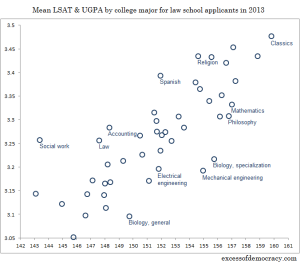In the late 1960’s, the British Broadcasting Corporation commissioned Jacob Bronowski to prepare a television series entitled “The Ascent of Man”. Apparently, the series was meant to be a scientific bookend to Kenneth, Baron Clark of Saltwood in the County of Kent OM CH KCB FBA’s “Civilisation” series, which was an historian’s view of how we ended up where we are.
Bronowski’s series aired across the world (and even this benighted high-school student watched it gobsmacked in Brisbane, Australia). Bronowski died in 1974, not long after the series was published. He also wrote a “book of the series”, which came out in 1973 (it is one of my treasured possessions, moth-eaten as it is).
A brief biography:
Jacob Bronowski was born in 1908 into a Jewish family in the Polish city of Lodz. His parents moved to Britain in 1920 and Bronowski pursued his senior studies in mathematics at Cambridge University. He later studied and conducted research in physics. He taught at the University College of Hull during the 1930s. During the Second World War, he conducted research on the effectiveness of Allied bombing campaigns, culminating in being part of a British Government survey of the results of the attack by the United States on Hiroshima and Nagasaki. As a result of his experiences in Japan, he turned from physics to biology to try to understand the nature of violence in humans.
His subsequent career includes many writings on what knowledge means: he concerned himself with the epistemological question of “what can we reliably know?”. The Ascent of Man series seems to have been his attempt to answer this question.
(I may have his history wrong, in which case, I apologise).
If you wish to see what he said in the series, fragments of the Ascent of Man series are available on Youtube via a search for “Bronowski Ascent of Man”.
My question is this:
Now, after forty years, how much did Bronowski get right?
My personal view is that Bronowski is mostly right. My version of his argument is that we construct useful knowledge out of a combination of imagination and observation. Science is philosophy (what can be) constrained by evidence (what is).
I am interested to know what this community thinks about Bronowski’s work, with the benefit of forty years of hindsight.
(my thanks to Gregory for alerting me to my misattribution of the “Civilisation” series to Sir Arthur C Clarke CBE FRAS).

